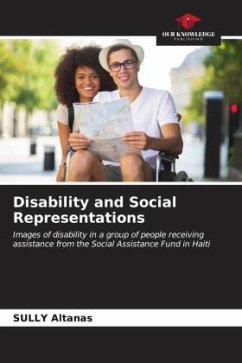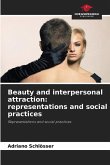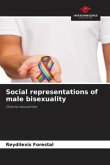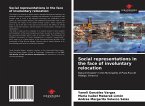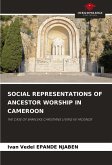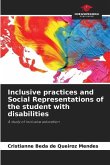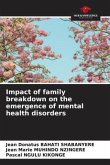This research project focuses on social representations of disability, and more specifically on the construction of disability by people with disabilities. Indeed, disability and the representations made of it within certain social assistance institutions and through certain research studies, highlight certain prejudices and stereotypes underlying our attitudes and behaviour towards a category of people on the basis of psychological, physical or sensory problems. Thus, by collecting the discourses of people with disabilities, within which significant themes categorizing their images have been identified and analyzed, five types of images characterize their "self-images" as "disabled people": those linked to their body, to their social functioning, to their social relationships, to their aspirations and to their indignation in the face of social treatment. As a result, their construction of disability is dominated by "pathos and lack", categories that dominate "the representation of the other". On the other hand, affective images and indignation denote a certain desire for autonomy and social inclusion.
Bitte wählen Sie Ihr Anliegen aus.
Rechnungen
Retourenschein anfordern
Bestellstatus
Storno

